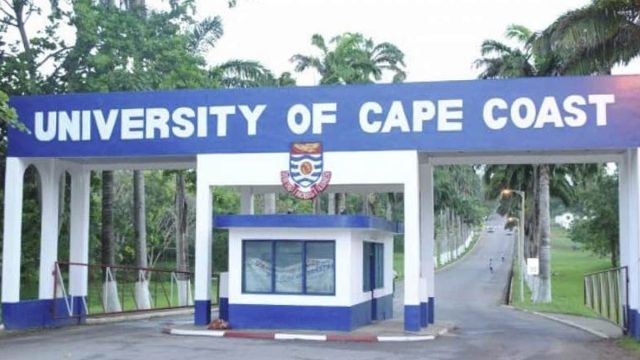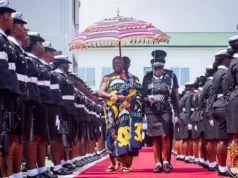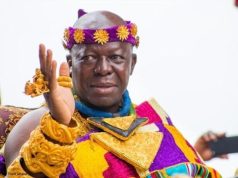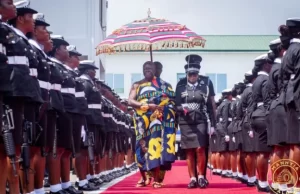The University of Cape Coast (UCC) faces persistent infrastructure challenges despite its academic advancements, Vice Chancellor Prof. Johnson Nyarko Boampong disclosed during the institution’s 15th postgraduate congregation ceremony.
While celebrating the graduation of 1,187 students from the School of Graduate Studies, Boampong emphasized urgent needs for expanded student housing, modernized classrooms, and upgraded digital resources to match the university’s growing enrollment and reputation.
“The university currently lacks sufficient residential facilities to accommodate all applicants,” Boampong said, noting that efforts to attract private investors for infrastructure projects have yielded little progress. He called on government agencies, corporate institutions, and philanthropic donors to support UCC’s expansion, stressing that “quality education must be accessible to every Ghanaian, regardless of geography.” Financial constraints, he added, hinder the procurement of teaching materials, facility upgrades, and the rollout of advanced digital learning tools critical for contemporary education.
The vice chancellor reaffirmed UCC’s commitment to enhancing graduate programs through strategic partnerships and resource mobilization, even as infrastructural limitations loom. The institution’s struggle to balance academic growth with physical capacity reflects a broader challenge across African universities, where rising student populations often outpace institutional resources.
UCC’s situation underscores the complex interplay between educational quality and infrastructure investment in regions with competing developmental priorities. While the university’s graduation figures highlight academic success, its reliance on external support to modernize facilities points to systemic funding gaps in public higher education. Experts note that sustainable solutions will require coordinated policy action and innovative financing models to ensure institutions can meet both immediate needs and long-term goals.
As UCC seeks to bolster its global standing, its ability to address these deficits will likely influence not only student outcomes but also Ghana’s broader aspirations to cultivate a skilled workforce. The university’s leadership remains focused on leveraging existing assets to maintain academic excellence, even as the call for infrastructural reinforcement grows more urgent.
Send your news stories to newsghana101@gmail.com
Follow News Ghana on Google News
















